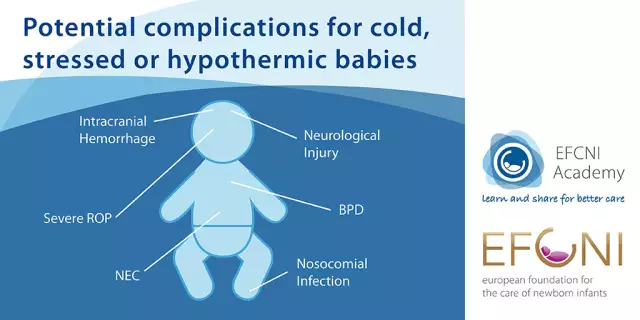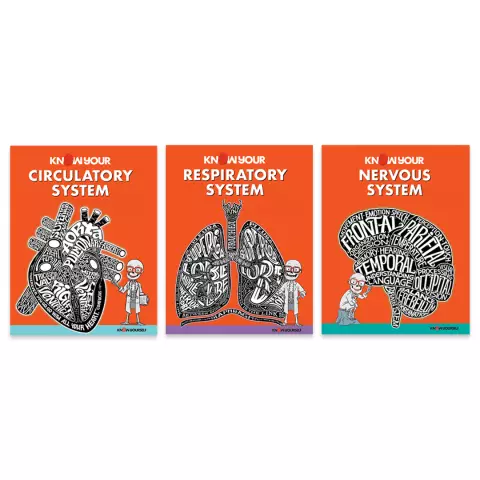- Author Rachel Wainwright wainwright@abchealthonline.com.
- Public 2023-12-15 07:39.
- Last modified 2025-11-02 20:14.
Increased body temperature

An increase in body temperature is perhaps one of the most unpleasant symptoms of the disease. The temperature has risen - the head hurts, the muscles, bones and joints ache, weakness and weakness are such that it remains only to curl up and wrap up, and wrap up strongly, because the chills are shaking. Perhaps, there is not a single person unfamiliar with these signs firsthand.
Is this mechanism good or bad for the body? Why is it often said that the temperature should not be brought down, and nevertheless, doctors prescribe an antipyretic? What temperature rise is dangerous for human health? Let's try to figure it out.
An increase in body temperature during a disease occurs as a response of the body to the waste products of pathogenic microorganisms. Toxic substances entering the bloodstream are perceived as a signal of a malfunction. As a result, the temperature rises, which in this case performs several functions at once:
- First, most pathogenic microorganisms die at temperatures above 38 ° C;
- Secondly, an increase in body temperature triggers the production of interferon, a substance that kills pathogens;
- Thirdly, loss of appetite and weakness due to high temperature "turn off" a person from the load of daily activities, allowing the body to fully focus on fighting the disease.
It would seem that an increase in body temperature is a remarkably useful mechanism, and in general it is not worth fighting it, but this is not so. If the temperature rises above 39 ° C and stays at this figure or above for more than an hour, an excessive load on the heart is created, which begins to work in force majeure mode. In addition, brain activity suffers - many had to face it in their own experience or observe from the side how a person with a high temperature began to delirium.

This is due to the fact that protein, an extremely important body structure that makes up most of it, is very sensitive to heat. When the temperature rises to high numbers, it literally "cooks", just like egg white in a boiling pan. Of course, an increase in body temperature does not reach such figures, but a long-term presence of proteins even at a temperature of 38.6-39 ° C can lead to their denaturation.
That is why it is considered relatively safe to raise body temperature to 38.5 ° C in an adult and up to 38 ° C in a child. A slight hyperthermia will help the body cope with the disease faster. Temperatures above these figures must be brought down with the help of antipyretic drugs.
Found a mistake in the text? Select it and press Ctrl + Enter.






